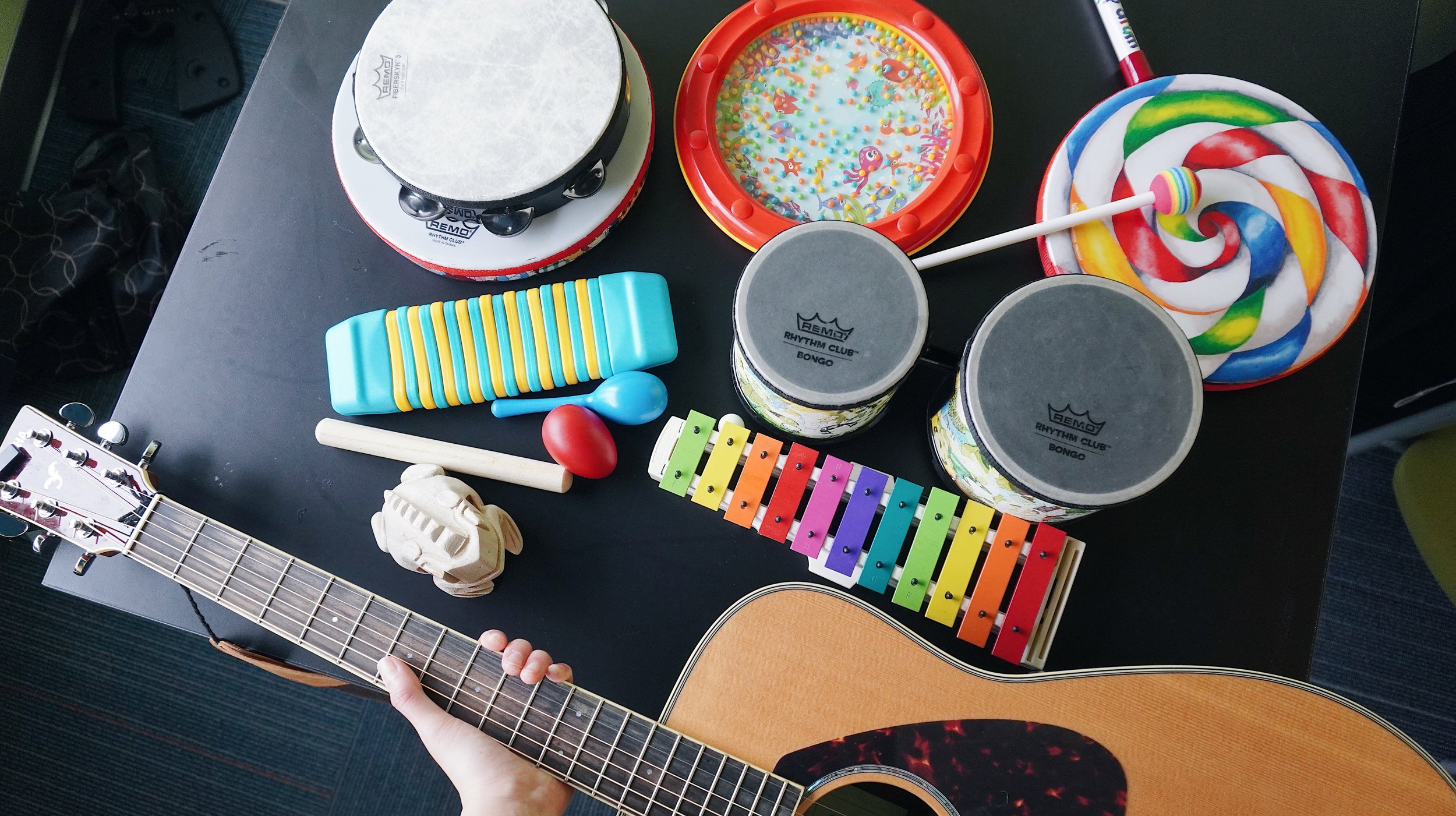
Adaptive Lessons
Music therapy adaptive lessons are individualized music instruction sessions designed to cater to the unique needs and abilities of individuals who may face physical, cognitive, emotional, or developmental challenges. The music therapist will have tailored teaching methods, musical activities, and instruments to accommodate the specific requirements of the learner.
The primary goal of music therapy adaptive lessons is to provide a supportive and inclusive environment where individuals can engage with music in a meaningful way that suits their capabilities. These lessons can take place in various settings, such as schools, rehabilitation centers, clinics, or private studios, and they aim to foster a sense of accomplishment, self-expression, and personal growth.
Key components of music therapy adaptive lessons include:
Individualized Approach: The music therapist takes into account the individual's strengths, needs, and goals when planning the lessons. Each lesson is adapted to the learner's unique abilities and preferences.
Choice of Instruments: The music therapist selects instruments that are suitable for the individual's physical abilities. This might involve using adaptive instruments, modified techniques, or even technology-based solutions.
Therapeutic Goals: The lessons are designed to address specific therapeutic objectives, which could include physical coordination, cognitive stimulation, emotional expression, communication skills, and more.
Supportive Environment: The music therapist creates a safe and encouraging atmosphere where the individual can explore music at their own pace without fear of judgment.
Engaging Activities: Lessons incorporate a variety of musical activities, such as playing instruments, singing, movement, improvisation, and songwriting, to provide a well-rounded musical experience.
Progress Monitoring: The music therapist continuously assesses the individual's progress and adjusts the lesson plan as needed to ensure that goals are being met.
Collaboration: Depending on the individual's capabilities, the music therapist might collaborate with other professionals, such as occupational therapists, speech therapists, or physical therapists, to ensure a holistic approach to the individual's well-being.
Music therapy adaptive lessons can benefit individuals of all ages and with various challenges, including but not limited to physical disabilities, developmental disorders, neurological conditions, and emotional or behavioral difficulties. By providing an avenue for creative expression and skill development, these lessons contribute to enhancing the quality of life and overall well-being of the participants.

